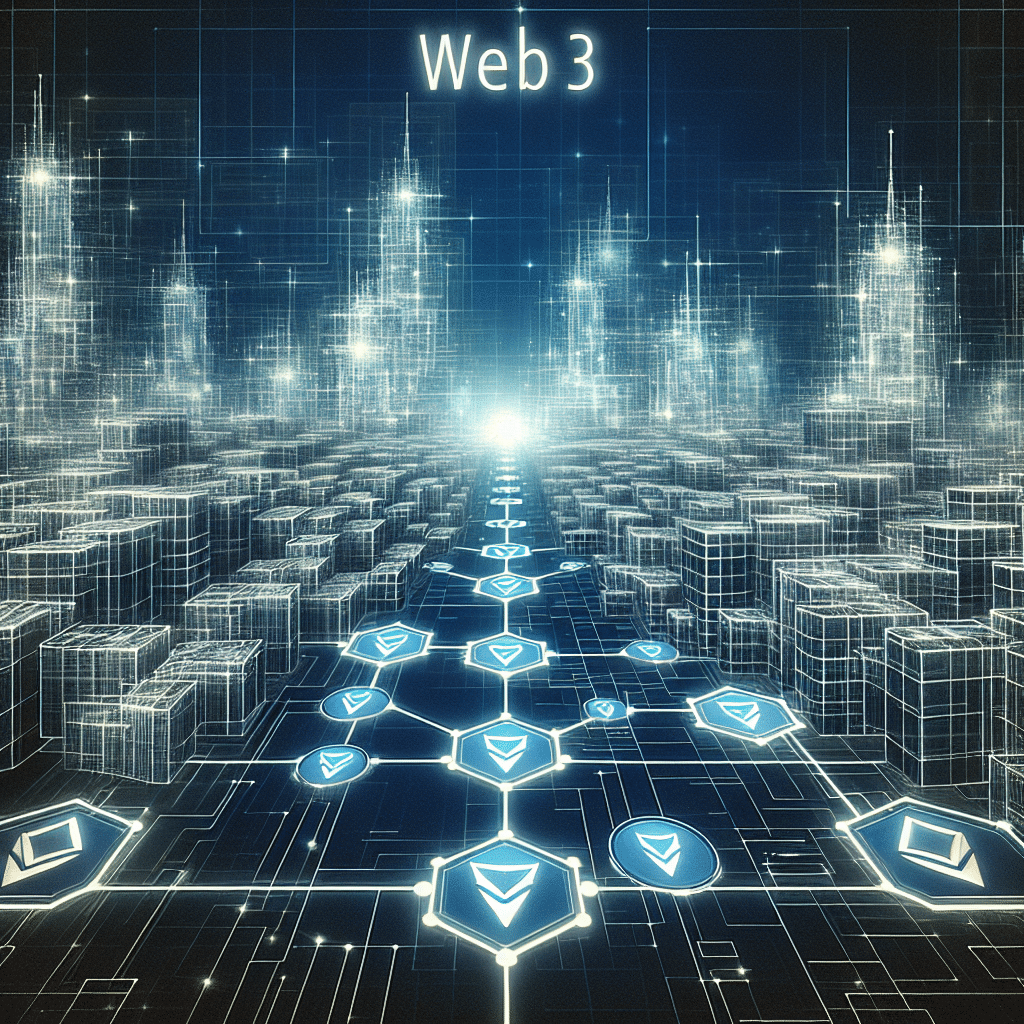In an era defined by rapid technological advancements, the emergent concept of web3 is gaining monumental traction, promising an evolutionary leap in how we interact with the digital world. The burgeoning interest in decentralization, blockchain technologies, and a vision for a more participatory internet has led to discussions around an intriguing framework: the Internet of Contracts. This concept, nested at the heart of web3, holds the potential to channel trillions of dollars into the ecosystem once its mechanisms are fully understood and implemented.
The Potential of the Internet of Contracts in web3
At its core, the Internet of Contracts represents a vital evolution in the deployment of smart contracts – self-executing contracts with the terms of the agreement directly written into code. By embedding these contracts into the fabric of the internet, a more seamless, efficient, and transparent system of interaction could be realized. This system not only automates processes that are currently manual and cumbersome but also introduces an unparalleled level of security and trust into digital transactions.
Imagine a world where transactions, agreements, and even complex business operations can be conducted and verified without the need for intermediaries. This is the promise of the Internet of Contracts. It envisions a future where the friction inherent in digital interactions is significantly reduced, if not entirely eliminated, thereby unlocking new modes of commerce, creativity, and collaboration.
The Economic Implications of web3‘s Evolution
The statement that trillions of dollars will flow into web3 once the intricate details of the Internet of Contracts are sorted out is not mere speculation. It underscores a broader economic shift towards a decentralized digital economy that is more inclusive and equitable. By facilitating direct peer-to-peer interactions, the barriers to entry for entrepreneurs, creators, and innovators are lowered, therefore democratizing access to digital markets and opportunities.
Moreover, the transition towards a web3 paradigm is anticipated to redefine value exchange on the internet, enabling new forms of asset creation, ownership, and transfer. Digital assets, including cryptocurrencies, non-fungible tokens (NFTs), and other tokenized assets, stand at the forefront of this revolution, offering a glimpse into a future where digital scarcity and provenance drive new economies.
Challenges and Opportunities Ahead
Despite its transformative potential, the journey toward fully realizing the Internet of Contracts and, by extension, web3, is fraught with technical, regulatory, and societal challenges. Critical issues such as interoperability between different blockchain platforms, privacy concerns, and the establishment of a legal framework that can accommodate decentralized structures need to be addressed.
Additionally, for the Internet of Contracts to flourish, there must be a concerted effort towards educating and onboarding the next generation of users, developers, and stakeholders. This involves not only demystifying the underlying technology but also fostering an environment that encourages experimentation and innovation.
The path forward for web3 and the Internet of Contracts is undeniably complex. Yet, it is also brimming with opportunities to redefine how we conceive of and interact with the digital realm. As we stand on the precipice of this new digital age, it is paramount that we approach these challenges with a sense of optimism and a commitment to collaborative problem-solving.
Conclusion
In conclusion, the Internet of Contracts represents a cornerstone of the web3 vision, with the capacity to fundamentally alter our digital landscape. The promise of trillions of dollars flowing into the sector as these systems come online is both a testament to its potential economic impact and a call to action for innovators and stakeholders alike. As we navigate the complexities of this transitional period, the focus must remain on harnessing this technology to build a more open, efficient, and secure internet for all.
This paradigm shift offers an exciting glimpse into the future of digital interaction, commerce, and creativity. Yet, the full realization of this vision requires a collective effort to overcome the hurdles that lie ahead. With the right mix of innovation, collaboration, and foresight, the Internet of Contracts and web3 can unlock unprecedented opportunities for growth, empowerment, and societal transformation.
